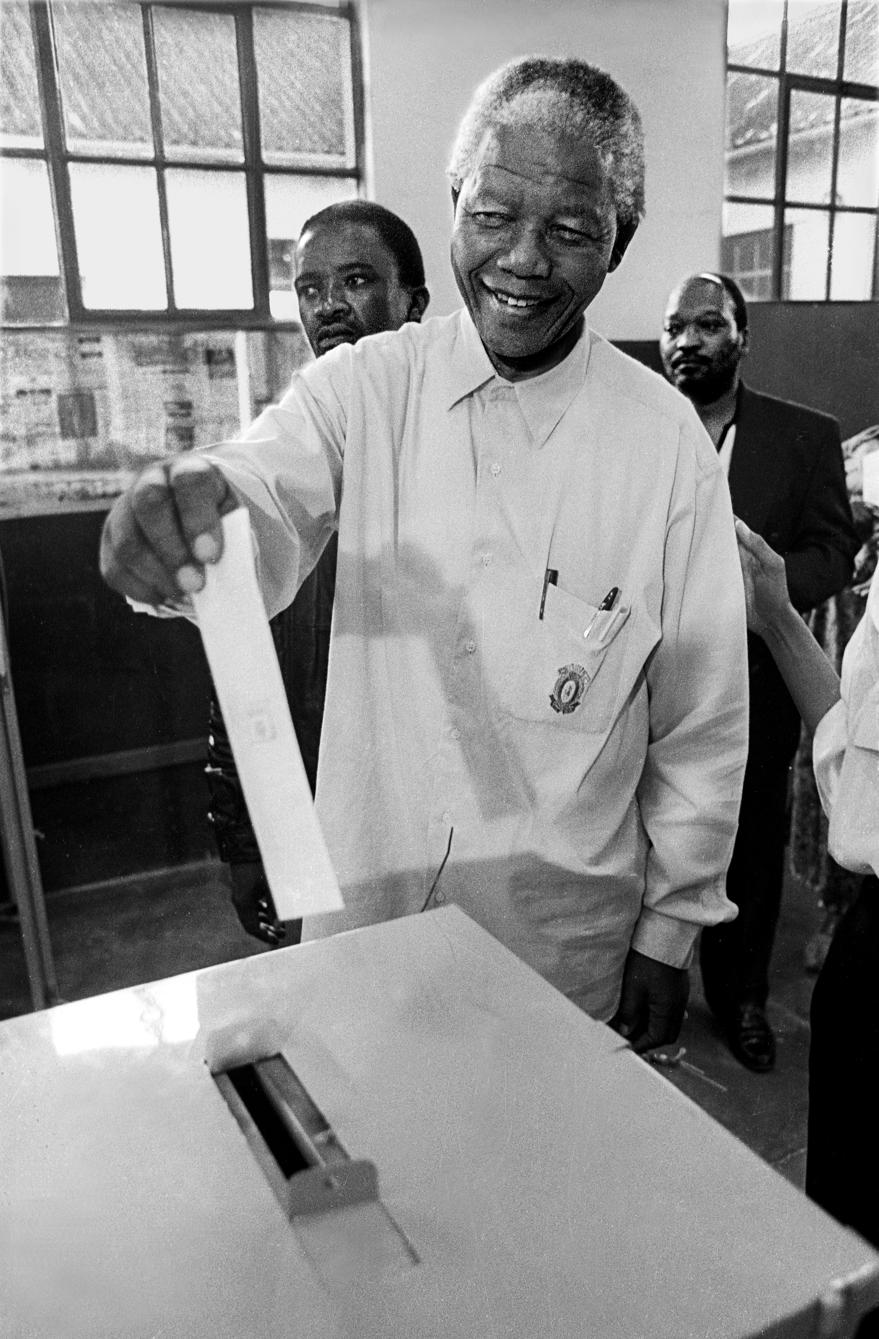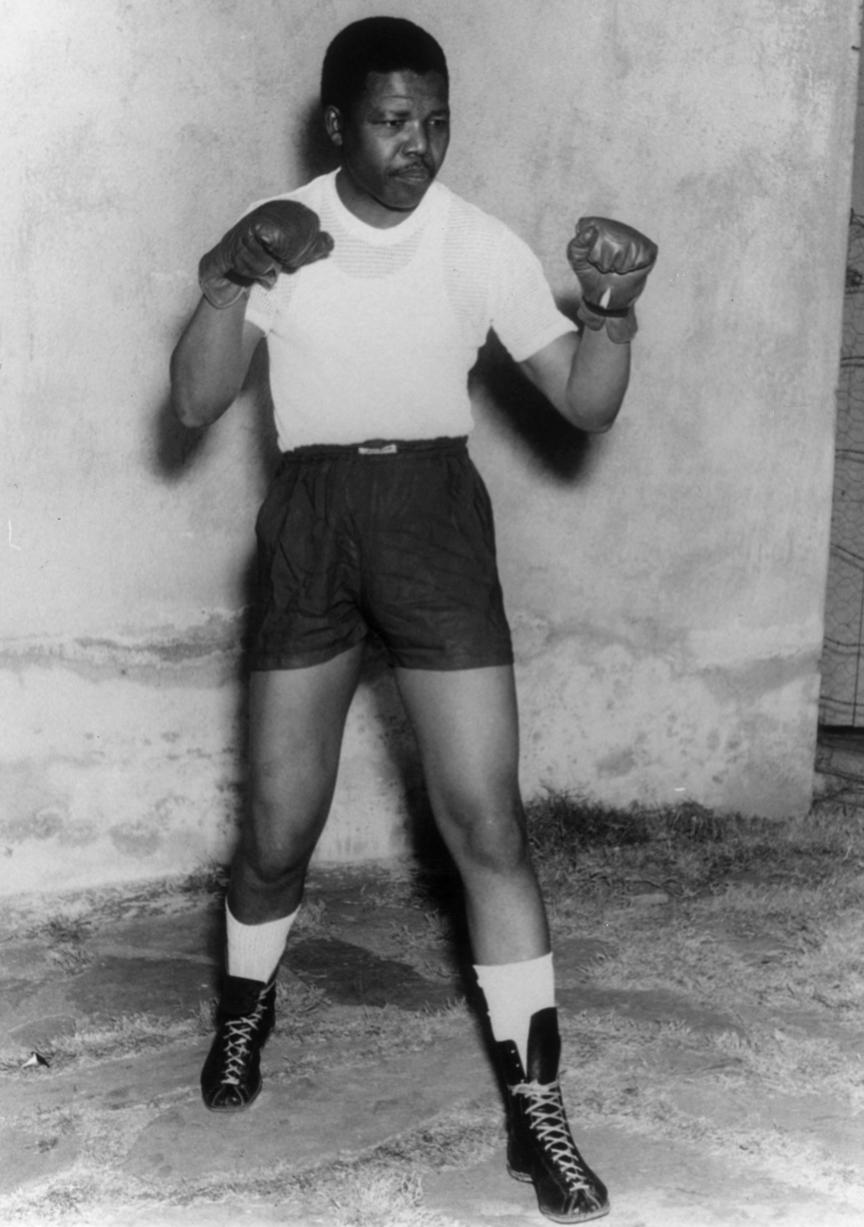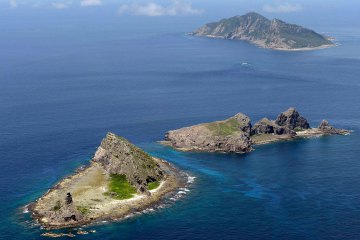Whether it is picking out that perfect gift for a friend or family member, or watching the first snowflake fall from the sky, there are so many unique joys during the holiday season.
The City Island Chamber of Commerce invites residents to create another memorable moment this year by attending the Annual Holiday First Friday Celebration.
The FREE Bronx Seaside Trolley continues on Friday December 6th from 5:30pm to 9:30pm, leaving hourly on the half hour, from Pelham Bay Station and going to The Bartow Pell Mansion Museum then on to City Island For an evening of Art, Music and Fine Dining.Take advantage of special offers when you show your Trolley Card at participating establishments.Only available from the driver on the Trolley.
Bronx Seaside Trolley
December 6th, 2013
Events & Promotions
Bartow Pell Mansion Museum
895 Shore Rd. 718-885-1461
5:30pm - 8:30pm
Enjoy the a Capella sound of the Metropolitones
Explore the mansion specially decorated for Christmas, and
savor light refreshments.
Cost $12 adults, $10 seniors & students members free
Focal Point Gallery
321 City Island Ave. 718-885-1403
“Holiday Show” reception
Open 7pm to 10pm
www.focalpointgallery.net
Kaleidoscope Gallery
280 City island Ave. 718-885-3090
Artwork, Jewelry, Toys & Gifts !!!
Open until 9:30pm
www.kaleidoscope280.com
One night only!!! 20% OFF entire inventory
with your Trolley card
Mary Colby’s Fe Fi Faux Gallery
276 City Island Ave. 718-885-2024
Holiday Exhibition
Photographs by Mary Colby,
Paula Schifano & Vinnie Campisi
Opening reception 7pm
Magickal Realms
258 City Island Ave 718-892-5350
Psychic will answer 1 FREE
question with Trolley Card
Starving Artist Café & Gallery
249 City Island Ave. 718-885-3779
8pm Louis Andronico Trio
www.starvingartistonline.com
Bistro SK
273 City Island Ave. 718-885-1670
French fare in a charming setting,
FREE DESSERT with any entrée
& your Trolley Card
Bronx Seaside Trolley sponsored by The City Island Chamber of Commerce,
The Bartow Pell Mansion Museum & The Bronx Tourism Council








